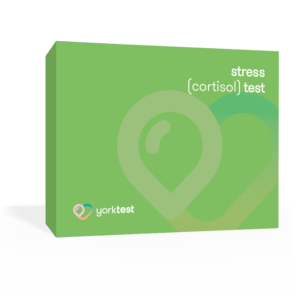We’re not being fussy…
It may seem like your worst nightmare – that inconvenient dinner guest who ‘can’t’ have this or that food but we promise, we’re not being awkward. We each have a unique food fingerprint and, being aware of this gives us the knowledge to make the best possible choices for our diet. Having the choice to avoid our trigger foods means that we can also avoid the unwanted side effects that come with eating them and that means a much happier dinner guest all round!
It’s not always the foods you assume…
These days, it seems everyone’s jumping on the Gluten Free bandwagon. Supermarket shelves are stocked with free from products and increasingly, people are looking to avoid specific foods, influenced by fad diets and celebrities. But in reality, it’s important to remember that everyone reacts to foods in different ways. That ‘food fingerprint’ we mentioned is unique to each person, meaning that one person’s trigger food is not the same as another’s.
In addition, these trigger foods vary greatly! We might all be guilty of blaming bread or disapproving of dairy but actually, any food could potentially be a problem – from prawns to potatoes. If in doubt, get the confirmation you need with a simple finger prick test.
Some foods have different names…
Even with the best intentions, packaging can trip us up. From strange pseudonyms like ’Lecithin’ for eggs to alternative names such as ‘hydrolysed protein’ for yeast, it can be hard to know what to avoid.
So if you catch us scanning the labels in the supermarket, or casting an eye over the packaging, we’re just double checking for sneaky trigger foods.
It’s not a fad…
It’s easy to assume, with all the buzz in the media about free from foods that we’re just following the crowd but that’s not the case. With an estimated 45% of the UK adult population suffering with a food intolerance*, more and more of us are taking steps to discover our trigger foods and understand the changes we can make to optimise our diets and wellbeing.
It’s not an allergy…
‘Food Intolerance*’ and ‘Food Allergy’ are often thought to be variations of the same thing but the biological processes behind them, and how they affect you, are very different. Unlike allergy, food intolerance is generally more common and usually involves a delayed biological reaction which, although often uncomfortable and unpleasant, is not life threatening. Whilst allergy is usually an instant reaction, intolerances can take up to 72 hours to present themselves.
 We love food!
Don’t be fooled by the perception that people with intolerances are culinary killjoys – we love food just as much as those without! Knowing our trigger foods means we look for more creative ways to substitute the ingredients we choose to avoid and this can lead to some delicious and unexpected alternatives.
Haven’t yet discovered your trigger foods but suspect something in your diet is causing you problems? Find your food fingerprint with the YorkTest Premium Food Intolerance Test – a simple home to laboratory test supported by a personal Nutritional Therapy consultation.












